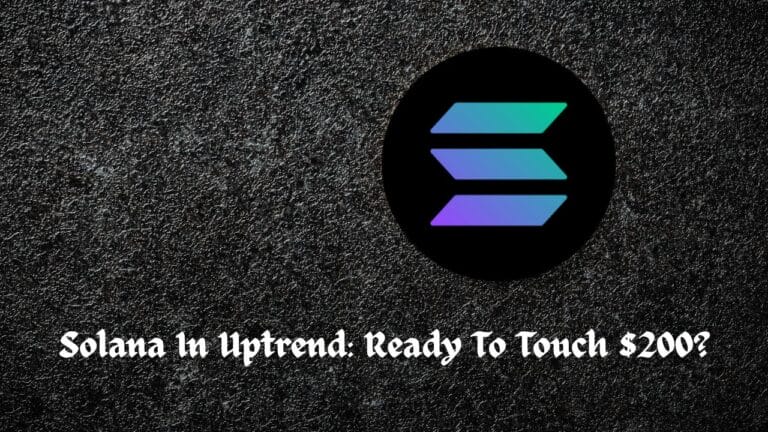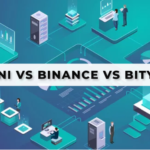Key takeaways:
- China has now outlawed Damus, a recently founded decentralised social networking platform.
- The app, which was created as an alternative to Twitter and is supported by Jack Dorsey, has been prohibited in China because of its decentralised structure, which is against the country’s regulations.
The China App Store has blocked Damus, a Jack Dorsey-backed alternative to Twitter that integrates the Bitcoin Lightning Network.
After receiving numerous denials, the application was finally accepted by Apple on February 1. Within 24 hours of launch, the smartphone app’s user base soared above 45,000, making it China’s second-most popular social network.
The withdrawal of the app was required by the Cyberspace Administration of China (CAC), according to Damus, on account of an alleged infringement of national speech rules. Apple cooperated with the request right away.
The Cyberspace Administration of China claimed that the app “contains content that is banned in China” because it is a “Information Service with Attributes of Popular Views or Competent of Social Mobilization,” according to a notification.
The app, which was created as an alternative to Twitter and is supported by Jack Dorsey, has been prohibited in China because of its decentralised structure, which is against the country’s regulations.
China’s position on censorship is widely known, and the nation has already cracked down on social media sites.
Nostr, a decentralised social networking platform supported by Jack Dorsey, is the foundation around which the programme is constructed. With the Nostr-based social app, users have complete control over their data and content without having to expose their true names.
Apple repeatedly rejected the app because the corporation demands that all apps offer a way to report and block offensive content and users.
Any website that is accessible from within China or listed on an online marketplace needs to have an Internet Content Provider (ICP) licence.
ICP-licensed organisations are not allowed to publish materials that, among other things, “oppose the basic principles defined in the Chinese constitution,” “harm the honour and interests of the nation,” “disseminate rumours,” “disrupt the social order,” or “undermine the social stability.”
This is not the first time that news of an app “ban” in China has surfaced. WeChat, a major messaging app, decided to outlaw accounts related to cryptocurrencies and NFT on its platform in June of last year. WeChat claimed that as part of its “Illegal commercial operations,” “participating in virtual currency or digital collection business” is seen as “violating content.”









